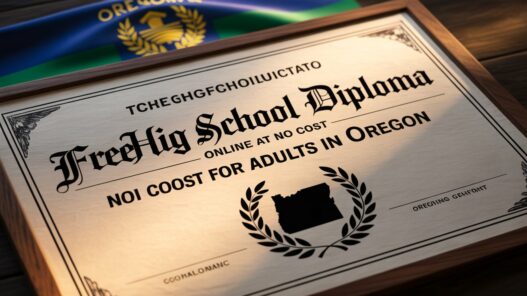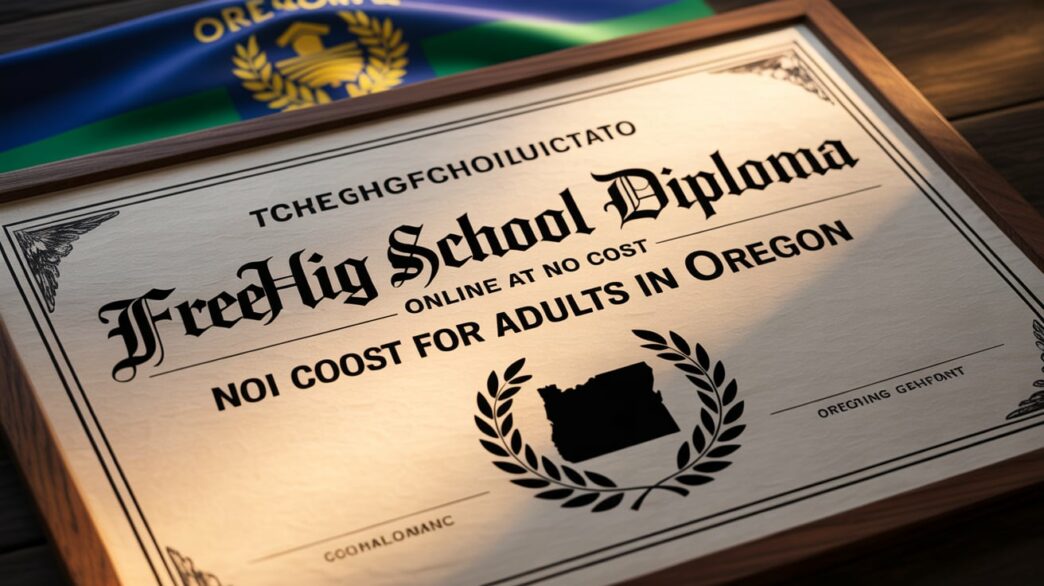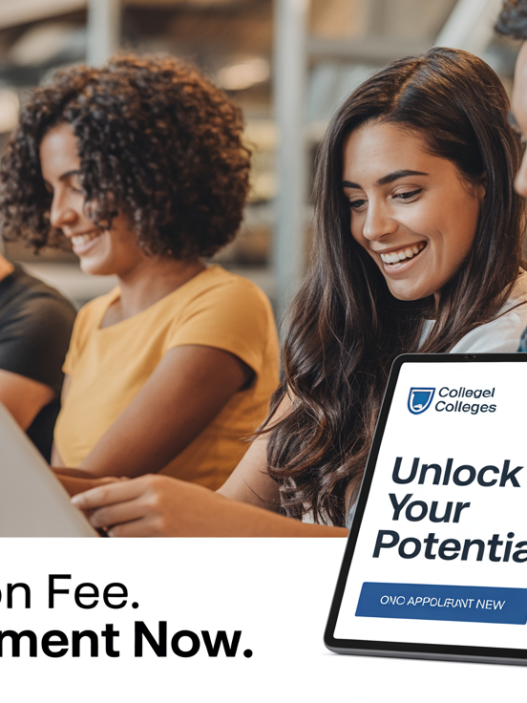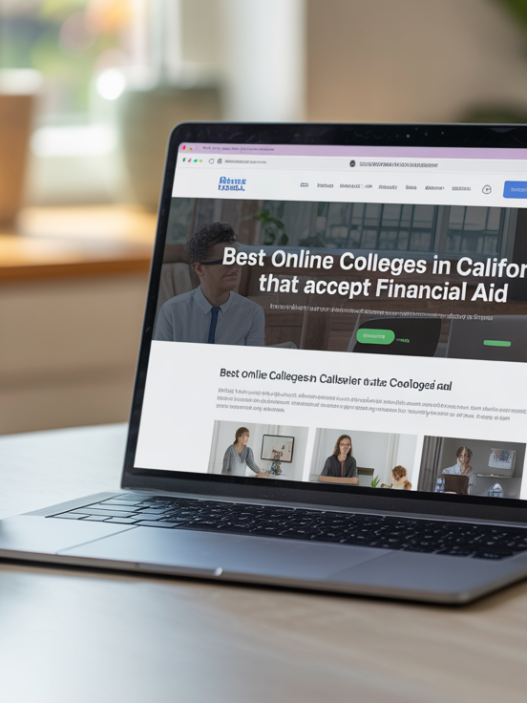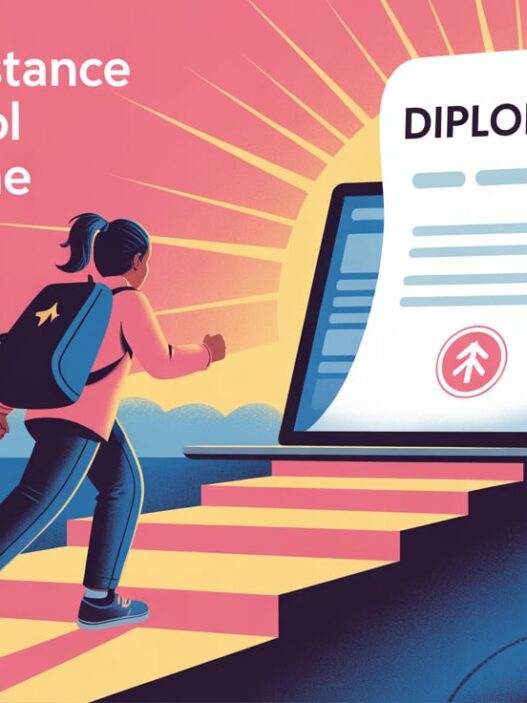Are you looking for Free High School Diploma Online at No Cost for Adults in Oregon? You’ve just found the ultimate guide to programs that make it possible to earn your diploma tuition-free from the comfort of your home.
Click here to find the Latest Free High School Diploma Online At No Cost For Adults In Oregon
